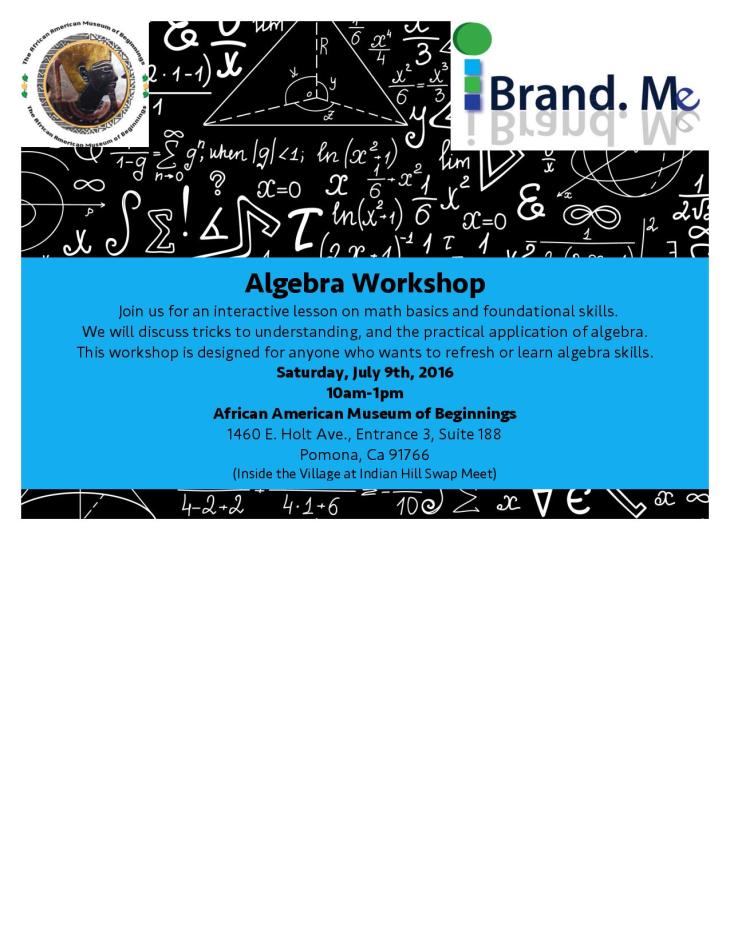There are many strategies to focusing in the classroom. A major point being that of attentiveness. It is common for students to tune out during a teachers lecture of important not so exciting topics. Below is a list of purposeful ideas to assist with learning in the classroom.

1. Key or “signal” words. Key words (or “signal words”) such as “causes,” “purposes,” “effects,” “ways,” “advantages,” “characteristics,” and “types” can be used as “headings” to indicate that the speaker is introducing a major portion of the lecture (e.g. “Now, I am going to discuss the top five ways that…”).
2 . Main ideas. Topic sentences indicate the main points or ideas that the speaker is trying to communicate. These are often indicated by such words as “First…” “Second…” “Third…” and “Finally…”.
3. Definitions and key terms. If the instructor is taking the time to define a term, it is almost certainly a critical concept that’s central to your understanding of the topic. If the speaker says something like “[the term] means…” or “[term], also known as…”, you’re hearing a definition. Wong recommends writing “DEF” or “=” in your notes to indicate that you’ve copied down a term defined in class.
4. Supporting details. Examples, dates, statistics, anecdotes, and other details illustrate the key points, provide supporting evidence for the topic under discussion, and help clarify your understanding.
5. The speaker’s verbal clues. Most instructors will use certain key words (as described above) to indicate important concepts. You may also notice that an instructor becomes more enthusiastic at a certain point in the lecture, or that he or she “punctuates” key points with a louder voice, deeper tone, or particular gestures. The more familiar you become with the instructor’s speaking style, the more readily you’ll come to know his or her method of confirming that a particular point is important. (And of course, if the instructor says “This is important,” it’s important!)
6. The conclusion. The instructor will likely “wrap up” the lecture by summarizing the main points that he or she covered that day. Be sure to capture these points, and write them under the heading “Conclusion” so that you can readily find them when it’s time to review.











